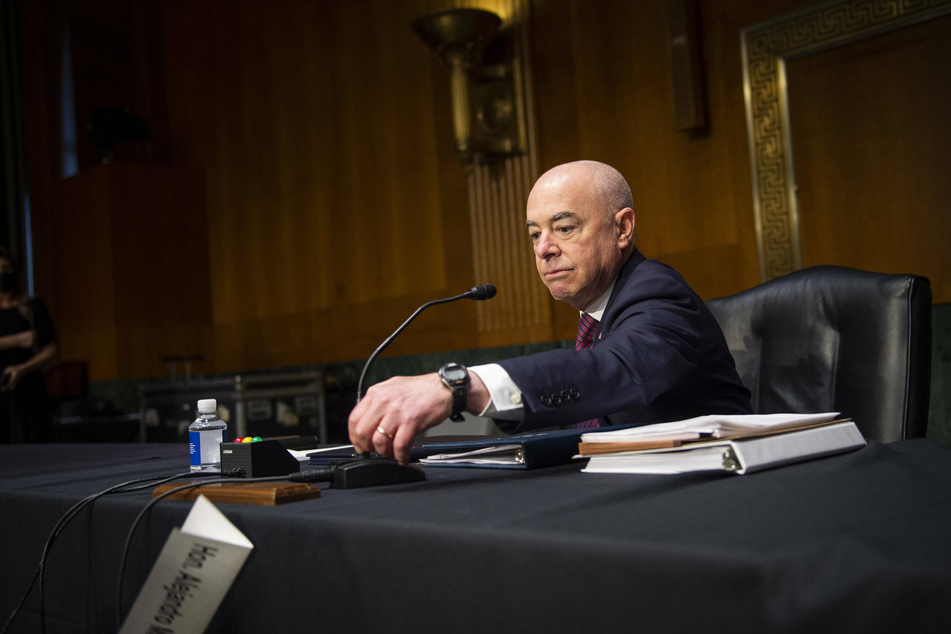Afghan refugees receive temporary protected status in the US
Washington DC - The Department of Homeland Security announced Wednesday it will designate Afghanistan for temporary protected status, providing 18 months of deportation relief to Afghans who fled the country following its fall to the Taliban last year.

The designation will provide immigration protections to tens of thousands of Afghans who were permitted to enter the US without visas under humanitarian parole after the evacuation. It will also allow them to work legally, though many already sought work permits under the terms of humanitarian parole.
"This TPS designation will help to protect Afghan nationals who have already been living in the United States from returning to unsafe conditions," said Homeland Security Secretary Alejandro Mayorkas, citing oppressive actions by the Taliban regime and a worsening humanitarian crisis in Afghanistan.
The designation will also "provide additional protections and assurances to trusted partners and vulnerable Afghans who supported the US military, diplomatic, and humanitarian missions in Afghanistan over the last 20 years," Mayorkas said.
Following the Afghanistan government’s collapse, the US evacuated tens of thousands of vulnerable Afghans, including individuals in line for special immigrant visas and their families, as well as people not eligible for special immigrant visas but otherwise deemed "vulnerable."
After undergoing overseas security vetting, evacuees were processed on domestic military bases before being resettled across the US.
Concerns over lack of pathways to permanent residency

In total, more than 75,000 Afghans have been resettled in the US under the sweeping effort known as Operation Allies Welcome. But roughly 36,000 lack a direct pathway to permanent residency, according to a report released by DHS last month.
Only Afghans who were in the US as of March 15 will be eligible for TPS under Wednesday’s announcement.
TPS grants individuals from countries struck by natural disaster, armed conflict or other "extraordinary and temporary conditions" the ability to stay in the US without fearing deportation. But the designation does not provide a guaranteed path to permanent residency or citizenship.
Earlier this month, the Biden administration also designated TPS for Ukraine as that nation continues to fight back Russia’s invasion.
Immigrant and refugee advocates have raised concerns about Afghans who lack a pathway to permanent protection, calling for legislation that would allow them to adjust their status to lawful permanent residency.
"Our nation’s moral obligation to our Afghan allies and friends demands the stability that only a pathway to permanent residence can provide," said Krish O’Mara Vignarajah, president of the resettlement group Lutheran Immigration and Refugee Service.
That legislation has yet to be introduced in Congress, but lawmakers hinted Tuesday that it could be unveiled in the coming weeks.
"I have a number of Republicans strongly interested in co-sponsoring," said Senator Chris Coons, a Democrat from Delaware. "We are negotiating final text. As of last week, I believe it was ready for introduction."
Senator Amy Klobuchar of Minnesota also said she was working on the legislation.
Cover photo: IMAGO / ZUMA Wire

